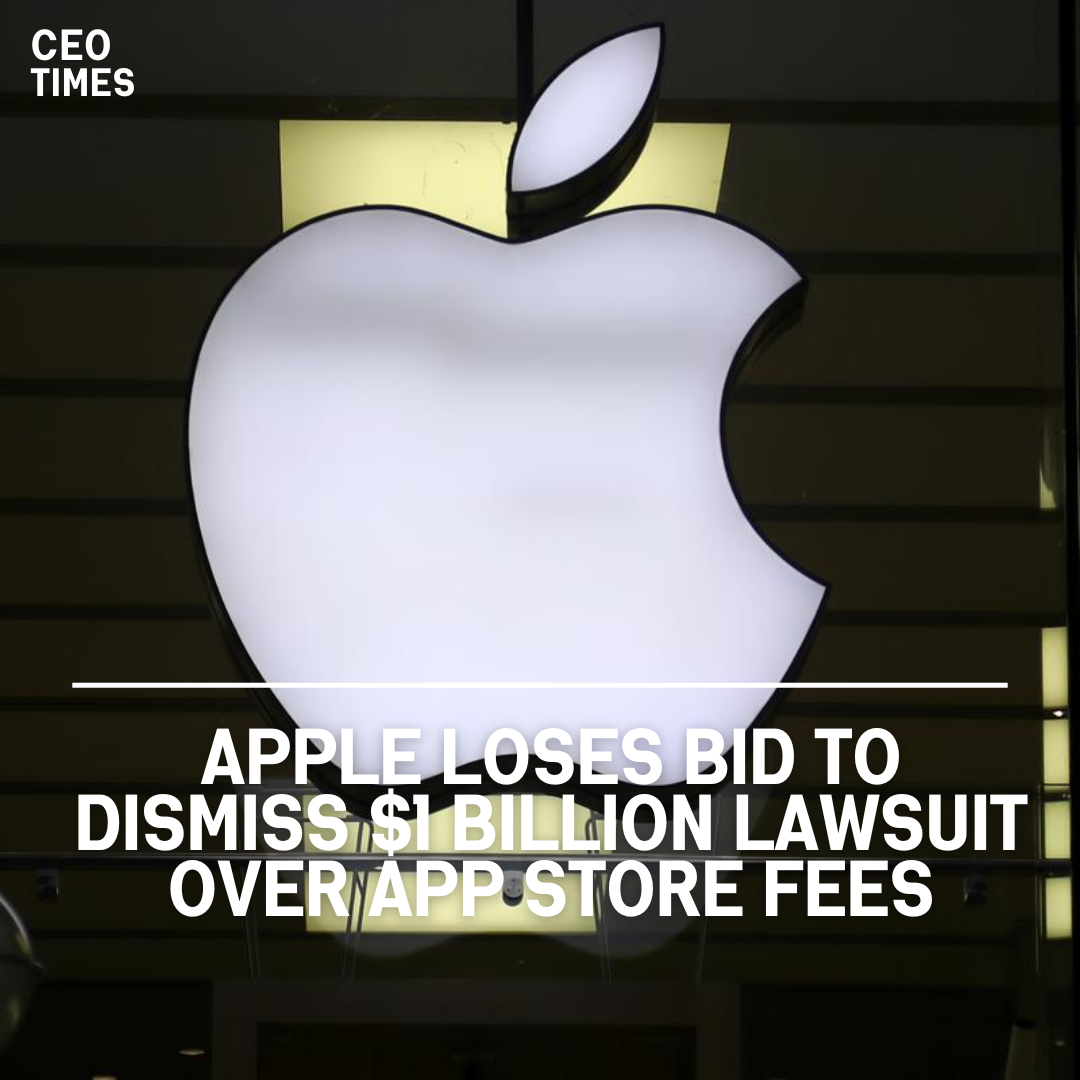Apple suffered a setback on Friday as a London court rejected its attempt to dismiss a significant lawsuit valued at nearly $1 billion.
The lawsuit, brought by over 1,500 app developers, alleges that Apple’s App Store fees, amounting to up to 30% of app purchases, constitute unfair charges.
Background of the Lawsuit:
The case, filed at the Competition Appeal Tribunal (CAT) last year, is led by competition law professor and economist Sean Ennis.
It accuses Apple of exploiting its dominant market position in the allocation of apps on Apple devices. Ennis and his legal team seek damages from UK-based developers affected by Apple’s alleged unfair practices.
Apple’s Defense and Legal Proceedings:
Apple contends that most developers on its App Store are exempt from paying any commission. However, Ennis’ lawyers argue that Apple’s fees disproportionately impact UK-based developers.
Apple attempted to dismiss this aspect of the case, arguing that UK developers could only claim damages if they were charged fees through the UK App Store. Nevertheless, the court rejected Apple’s bid to dismiss this part of the case.
Judicial Ruling:
Judge Andrew Lenon, in a written ruling, expressed that Ennis’ legal team presented a credible case that Apple’s commission overcharges on UK-based developers, even for transactions on non-UK storefronts, constituted conduct within the UK.
This ruling allows the lawsuit to proceed, potentially leading to substantial damages against Apple.
Implications and Future Proceedings:
The rejection of Apple’s bid to dismiss the lawsuit signifies a significant growth in the legal battle over App Store fees. With the case moving forward, Apple faces the prospect of significant financial liabilities and potential changes to its fee structure.
The result of this lawsuit could have broader implications for Apple’s business practices and its relationship with app developers worldwide.




















